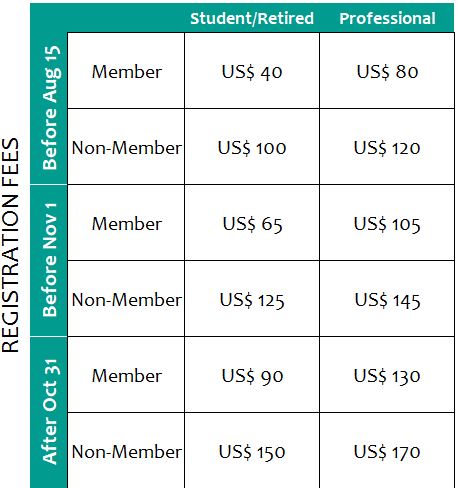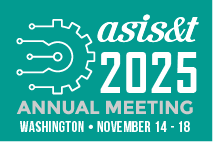AM25 Workshop (Virtual)
Best Practices for Ethics of Care When Engaging Vulnerable Communities (VIRTUAL)
Are you conducting research with vulnerable or marginalized groups? Feeling uncertain about ethics, power, or accountability? Aiming for positive impact? This workshop offers a space to share experiences, network with researchers at all career stages, and build a practical “toolkit” from collective discussions to support your work.
More about this Workshop
This workshop provides a space for collaborative, interdisciplinary inquiry into ethical, meaningful, reciprocal and impactful engagement with communities. We will address challenges related to the politics of knowledge production, field relationships, and the real-world effects of research—issues often overlooked in formal outputs. By harnessing the lessons researchers gain while navigating these tensions, we aim to build practical tools for future engagement.
During the first part of the workshop researchers at different career stages will share accounts of working with vulnerable and marginalized groups, highlighting themes of trust, relationship-building, and balancing roles and responsibilities. We will also discuss the lasting impact of this work on academia, communities, and policymakers. In the second part, participants will work in breakout groups and open discussions to collaboratively create, test, and refine tools and strategies for ethical community engagement. A shared "toolkit" will be generated from our collective experiences.
Learning Outcomes
- Deepen participants' understanding of ethical challenges and desired impacts in research with marginalized or vulnerable communities.
- Co-create practical tools and strategies for navigating ethical complexities in research involving marginalized groups.
- Critically examine existing research infrastructures, identifying their limitations, opportunities, and potential to support ethical and impactful engagement.
Agenda
The instructional flow of this session is designed to foster collaborative, reflexive and hands-on learning. It moves from framing and grounding concepts, to storytelling and collective problem-solving, and finally to critical discussion and synthesis. Techniques include small-group work, case-based learning, co-creation of tools, futures thinking, and participant-driven reflection—all rooted in adult learning principles such as experiential learning, peer exchange, and critical inquiry.
1. Welcome and Framing
2. Storytelling Round, Ethical Dilemmas in Context
3. Co-Creation
4. Critical Discussion on Research Infrastructures
5. Synthesis and Closing
Saturday, 8 November
12 pm - 4 pm EST
Presenters
Nadia Caidi | University of Toronto | Canada
Tina Du | Charles Sturt University, | Australia
Anika Meyer | University of Pretoria | South Africa
Claudia Grisales | University of Illinois | USA
Michelli Costa | Universidade de Brasília | Brazil
Cansu Ekmekcioglu | McMaster University | Canada

